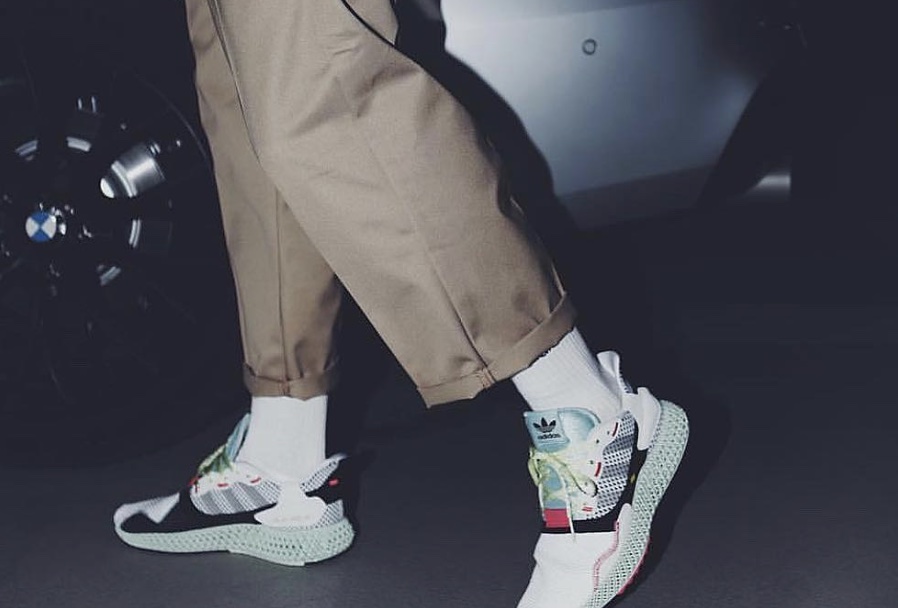
Mental health is being discussed more broadly now than it was a decade ago. In addition, more and more insurers and employers are offering mental health support for their members and employees. But there are still several misconceptions in the space, according to Dr. Mimi Winsberg, chief medical officer of Brightside Health.
One major mental health misconception is that the introduction of AI means that “we are going to be dealing with fully automated therapy chatbots,” Winsberg said Tuesday during an interview at ViVE in Los Angeles. But that’s not true.
“What we’re thinking about is more adjunctive care with AI, using AI as a co-pilot,” she said. “So I think of it like a GPS, not a self-driving car.”
Other experts in the space agree that AI should be used to support mental health clinicians, not replace them. AI adds “to the tools that somebody has available to them,” Justin Tauscher, who authored a study on AI in mental health, previously told MedCity News. The University of Washington School of Medicine study found that AI is just as good as humans in identifying red-flag language in text messages from people with mental illness.
The other misconception is that mental health is separate from people’s physical health, when in fact the two are connected. What affects one’s physical health can also affect the mind, and vice versa. There needs to be a more integrated approach to mental health care, Winsberg stated.
She used the example of mental health care among pregnant and postpartum women, which “involves taking a more holistic approach to mental health care because there may be hormones and other issues that are at play.”
Brightside provides online therapy and psychiatry to people with mild to severe depression, anxiety and other mood disorders. Brightside also offers a program called Crisis Care, which treats those who are actively considering suicide, have had a recent suicide attempt or are in need of follow-up care.
The company accepts insurance, including commercial insurance, Medicaid and Medicare. Brightside began accepting Medicaid and Medicare in the fall and announced last week that it expanded its coverage to 50 million Medicaid and Medicare beneficiaries. These contracts are with CareOregon, Blue Shield of California, Blue Cross and Blue Shield of Texas, Centene and traditional Medicare.
Brightside decided to go into the Medicaid and Medicare spaces after publishing two studies, Winsberg said. The first looked at how people aged 60 and older did on Brightside’s platform and found that they did just as well as its younger demographic. The second study compared the outcomes of Brightside patients with incomes under $30,000 to those who had incomes of $60,000 or more. This study discovered “really good outcomes” in the lower-income demographic, Winsberg said.
When asked what she hopes to achieve at Brightside in the future, Winsberg said she would “like to be able to say that we are delivering mental health care to all those that need it. Taking the step to launch Medicare and Medicaid is an important step on that journey of serving all the lives we want to serve.”
Photo: sdecoret, Getty Images



